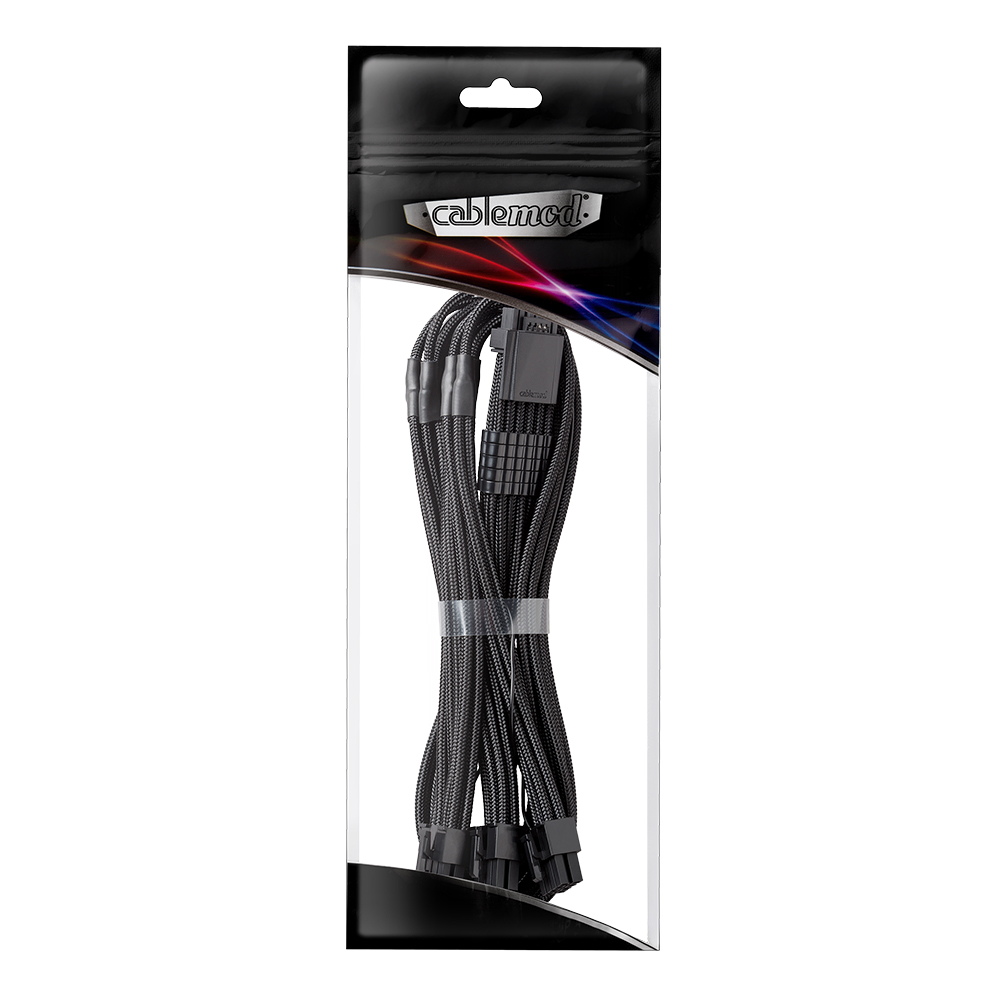One of the games I'm playing a bit is Hogwarts Legacy which can easily push past 12GB VRAM use, so I'd be looking at at least 16GB VRAM cards. Availability was pretty hit and miss at the retailer I bought from - I did consider the 4090 but I think I'll just keep the extra cash see what turns up with the 5000 series.
I don't get why anyone would pay more than £400 for a 12GB GPU, the other odd thing is these GPU's are marketed as 1440P GPU's, in terms of horsepower they are, easily, but even with a couple of existing games you're already having to make compromises due to that VRam, and i include the RX 7700 XT in this, its over £400, but they also sit at anything up to £800.
This is stupid, these things are already becoming obsolete as you buy them, in 2 years, 3 years, even 1 year these things are going to be RTX 3070's all over again.
12GB GPU's are lower mid tier, the sort of GPU's where in a year or two you expect to be turning down textures to stop texture pop-in, blurring, erratic 1% lows causing stuttering, GPU's costing £400+ should be 16GB, 4K capable GPU's should be 20GB+, instead what we have is lower midrange GPU's with enthusiast tier pricing.
There needs to be more pushback or they will just keep taking the _____ out of us.
I don't consider the 4070 a true midrange GPU, to me while not a low end GPU, it is lower tier, like an RTX 3060 or RX 6600 XT of the previous gen, just horrendously overpriced.






